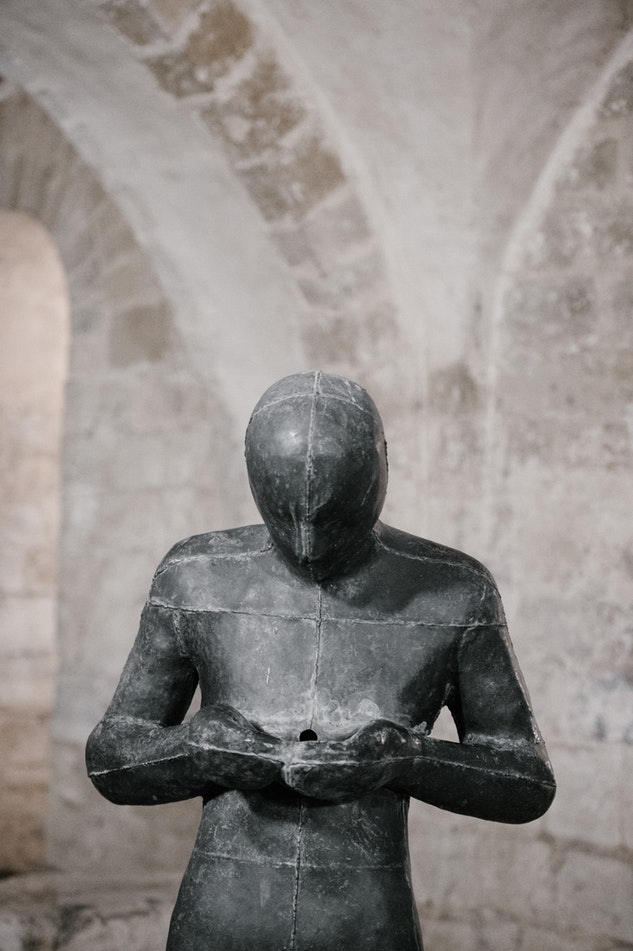
For the first installment of Not Your Binary: A QTPOC Reading Column, a reading column centralizing on the contemporary voices of queer and/or trans people of color in the literary world, I will be discussing Christopher Soto’s “Los Padrinos Juvenile Detention Center, Unit Y2.” Because this is the first installment of my reading column, I want to emphasize the importance on centralizing marginalized voices, stepping aside from the dominant, mainstream culture, to exercise the very existence of surviving and living as a QTPOC, in and out of the literary world. This column is an exploration of political identities and of systemic realities; specifically, in the ways literature can either work to deliver, express, or alleviate the stress that comes with embodying the very existence of being a QTPOC in the time and setting each writer transports us to.
Christopher Soto’s “Los Padrinos Juvenile Detention Center, Unit Y2” takes the reader to a juvenile center, where the speaker volunteers and helps young men sublimate their emotions from acting negligent to poetry: “to be here / where the concrete ends / & page begins.”
Moreover, Soto takes on poetic devices, as well as theoretical devices, alluding to dates and research, revealing both intended and unintended consequences of the prison industrial complex that the speaker suits the reader in. The intentions behind keeping prisons open and alive are many, but what is often ignored is the unintended consequences of the prison industrial complex, which are violent: “each body is disciplined for its difference,” “[physical assault],” and “[one] can’t even scream in pain / [without being pathologized].” The attraction to keeping the prison industrial complex alive is the idea that the system eradicates crime and alleviates society of its “social issues,” yet the false comfort that comes with this “solution” is knowing that keeping this system alive only feeds to another individual’s nightmare: “Dee Dee / A trans woman / sentenced sixty years of life / [in a men’s prison].”
Continue reading →



